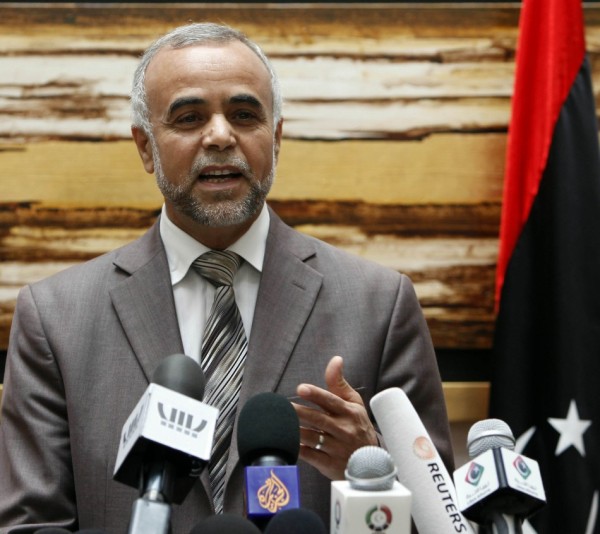TRIPOLI (Reuters) – Libya, preparing for elections in June, has banned parties based on religion, tribe or ethnicity, the government said on Wednesday, and a new Islamist party viewed as a leading contender signaled it would challenge the decision.
National Transitional Council spokesman Mohammed al-Harizy said the council passed the law governing the formation of political parties on Tuesday evening. “Parties are not allowed to be based on religion or ethnicity or tribe,” he told Reuters.
He did not make clear how this would affect a political party formed in March by Libya’s Muslim Brotherhood and other Islamists. The new party was expected to make a strong showing in the election, the first since last year’s overthrow of Muammar Gaddafi in a NATO-backed popular uprising.
The head of the Brotherhood’s Freedom and Development Party said the NTC needed to make it clearer what it meant by banning religious parties. He said this would cause controversy in conservative Libya, whose population of six million is made up almost entirely of Sunni Muslims.
“This kind of clause is only useful in countries where there exists many religions, not in Libya where most people are religious Muslims,” Sawan told Reuters.
“This law needs to be reviewed by the NTC and if it’s not changed, we would have to protest it.”
Libya’s NTC has already indicated that the country will be run in accordance with sharia, though the exact place of Islamic law in the legal system will be settled only once a new constitution is written after elections.
Political analysts have said the Muslim Brotherhood is likely to emerge as Libya’s most organized political force and an influential player in the oil-exporting state where Islamists, like all dissidents, were harshly suppressed during the 42 years of Qaddafi’s dictatorial rule.
Islamists have performed strongly in post-uprising elections in Tunisia, Egypt and Morocco since October and they are also likely to do well in Libya, a socially conservative country where alcohol was already banned before the 2011 revolution.




